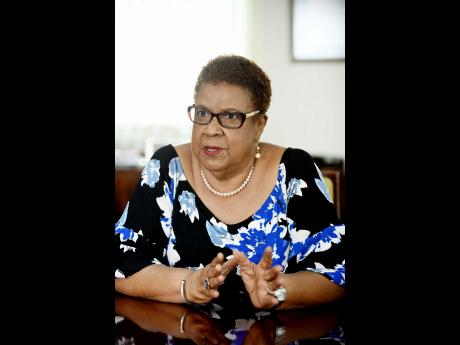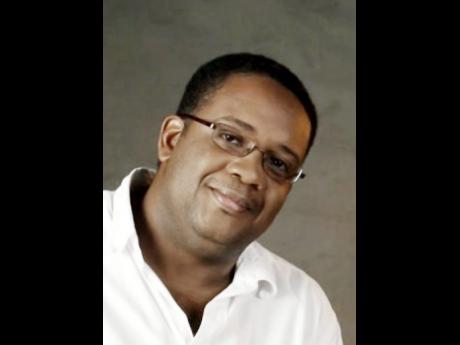Earth Today | Local stakeholders welcome global acknowledgement of Special Report of 1.5 degrees Celsius of global warming
THE RECENT global climate talks ended in Poland in December with what for some was a less than satisfactory embrace of the Special Report on Global Warming of 1.5 degrees Celsius, but local stakeholders are undeterred.
Following two weeks of negotiations on a range of issues to inform the implementation of the Paris Agreement – including the special report, produced by the Intergovernmental Panel on Climate Change (IPCC) – countries expressed “appreciation and gratitude” to the IPCC and the scientific community for responding to their request and providing the report, “reflecting the best available science” and welcomed its timely completion.
Further, countries were invited “to make use of the information contained in the report in their discussions under all relevant agenda items of the subsidiary and governing bodies”.
In addition, the Subsidiary Body for Scientific and Technological Advice (SBSTA) was requested to consider at its 50th session (June 2019) the report, with a view to strengthening the scientific knowledge on the 1.5 degrees Celsius goal, including in the context of the preparation of the Sixth Assessment Report of the Intergovernmental Panel on Climate Change and the implementation of the Convention and the Paris Agreement.
LANGUAGE
For some, the language could have gone further, but with so much on the line for Jamaica and other small islands, representatives of industry and the local scientific community believe it is a start.
“I welcome their reaction because there were so many countries involved and so many interests group and a lot of the issues related to global warming are political, as much as economic,” noted Eleanor Jones, head of the consultancy firm Environmental Solutions Limited.
“Also, change comes slowly and is difficult where these things are concerned. It is in the record and the encouragement for the use of the science is at least a welcome step,” she added.
Time to press ahead with climate response actions
The time is now, Jones, said to press ahead with efforts to stave off the ill effects of climate change, which present a clear and present danger to Jamaica and the Caribbean as small island developing states. The region was called to attention during the 2017 hurricane season when several islands were left nursing billions in damage and several lives lost.
“We can’t sit on our laurels. We can’t fight the science; it is real. It really is for those of us involved in the practice to try to translate and get action down to all levels of society,” she added.
The 1.5 special report, among other things, notes the need for urgent and significantly scaled up mitigation actions to bring about a sharp and lasting decrease in greenhouse gas emissions that fuel global warming.
“I don’t think there is a resistance at the level of the citizenry but from those entities that are generating the greenhouse gases and see it as a challenge to business,” noted Jones, who was also in Poland as part of the Jamaica delegation.
“So the mandate for those of us in the practice is to try to find the media of communication that can get them to understand the business benefit, the economic benefit and the development benefit of going to a low-carbon economy,” she added.
Professor Michael Taylor, head of the Faculty of Science and Technology at the University of the West Indies and one of the authors of the report, said while the language could have been stronger, he was grateful for the acknowledgement.
“We are grateful for the acknowledgement because it means the document had an impact and was being considered at the highest level; and so you endorse the efforts of the scientists worldwide who sacrificed their time and made the contribution to get the document out,” he said.
“I would have hoped that the document would have got a little bit more than an acknowledgement and that it could have been used to shape some more concrete actions about what needs to be done in the face of an urgent climate situation. But there is still hope that the mechanisms such as the SBSTA will be able to take up the document and use it for exactly that kind of purpose,” he added.
REPORT
However, if nothing else, he said the report had been useful for some negotiators at the talks.
“My impression is that the document did give the small islands and developing countries a strong negotiating tool, allowing the scientific evidence to be the basis on which they made their arguments,” he said.
“I think it was very useful because it gave us as a region a strong negotiating tool and I anticipate that the upcoming special reports will further add to the strength of our arguments and our push for more concrete and urgent action,” Taylor, who also has responsibility for the Climate Studies Group, Mona, added.


